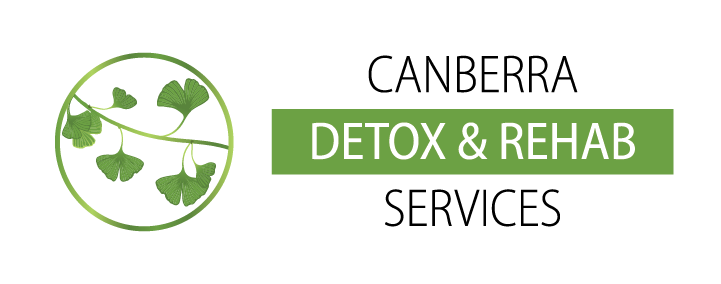When it comes to loving someone battling addiction, it can be an incredibly challenging and emotional journey. Often, our natural instinct is to protect and support our loved ones, but it’s crucial to find the delicate balance between love and enabling. The following information in this article, we will explore effective strategies to love an addict while avoiding actions that perpetuate their addiction.
The Power of Boundaries
Establishing healthy boundaries is essential when dealing with a person’s addiction. Boundaries not only protect your own well-being but also serve as a wake-up call for the addicted. By setting clear limits on what behaviors are acceptable and what consequences may follow, you send a powerful message that their addiction will not be supported or tolerated.
Education and Understanding
Knowledge is key in supporting an addict without enabling their addiction. It’s important to educate yourself about the nature of the persons addiction, its causes, and the impact it has on individuals and their loved ones. Understanding the underlying reasons behind their addiction can help you approach the situation with empathy and compassion, while also providing insights into effective ways to support their recovery.
Encouraging Professional Help
While your love and support are crucial, it’s important to remember that you are not a trained professional. Encourage your loved one to seek the help of addiction specialists, therapists, support groups or rehab services in your area. These resources offer the expertise and guidance necessary for addiction recovery. By promoting professional assistance, you empower your loved one to take responsibility for their own healing journey.
Detaching with Love
Detaching with love means stepping back and allowing the addict to face the consequences of their actions. It involves detaching emotionally from their destructive behavior while still letting them know that you love them. By detaching, you avoid enabling their addiction and create an environment where they are more likely to seek help and take responsibility for their actions.
Self-Care Is Vital
Caring for yourself is not selfish; it’s a necessity. Dealing with an addict can be emotionally draining and take a toll on your mental and physical well-being. Take time out for self-care activities that rejuvenate and restore you. By prioritizing your own health and happiness, you will be better equipped to support your loved one effectively.
Seeking Support for Yourself
Remember, you don’t have to face this challenging situation alone. Reach out to support groups, therapists, or counselors who specialize in addiction. Connecting with others who have had similar experiences can provide invaluable guidance, empathy, and a safe space to share your feelings and concerns.
The Journey of Recovery
Recovery is a lifelong process, and it’s essential to acknowledge that healing takes time. Understand that setbacks may occur, and relapses are part of the journey. Celebrate the progress made and provide unwavering support during difficult times. By staying committed and patient, you can continue to love an addict without enabling their addiction.
When it comes to loving an addict without enabling their addiction, it’s crucial to find the right balance. Establishing boundaries, educating yourself, encouraging professional help, detaching with love, prioritising self-care, seeking support, and staying committed to the journey of recovery are all essential steps. Remember, by loving an addict while not enabling their addiction, you are offering them the best chance for true healing and recovery.
If you require assistance in helping a loved one conquer their addition, contact Canberra Detox & Rehab Services today on 0477 827 744.

